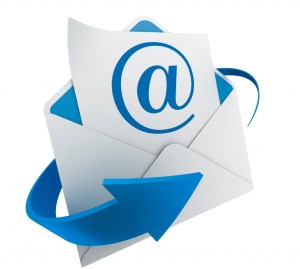 I’ve been meaning to write about this for a while now and was reminded again about the message your email address sends when I was following a van recently. The van was sign written [good], carried a large phone number [good], web address in significantly smaller [not so good] http://www.jobbingtrader.co.uk and an email address, not just any email but a free address [awful], jobbing-trader13@outlook.com [names have been changed to protect my health].
I’ve been meaning to write about this for a while now and was reminded again about the message your email address sends when I was following a van recently. The van was sign written [good], carried a large phone number [good], web address in significantly smaller [not so good] http://www.jobbingtrader.co.uk and an email address, not just any email but a free address [awful], jobbing-trader13@outlook.com [names have been changed to protect my health].
This is wrong on so many levels.
First off – an Outlook.com address, really! In fact any free email address, such as one from Yahoo.com or Virgin.net or BTInternet or AOL to name but a few really does send the wrong message!
Secondly, it also shouts “I don’t understand”. It’s far easier to remember an email address when the bit that goes after the @ is the same that goes after the www. you are getting twice the chance of people remembering your contact details
Thirdly, you are missing out on so many opportunities to better manage your email, you can have multiple addresses, info@, sales@, accounts@, enquiries@, myname@ to name just a few. You can then set up folders in your email program for each address and easily create rules which automatically filter incoming emails and move them to the relevant folder.
With each part of your business having a unique email address means that everything is a little easier to prioritise and manage. As an example, you could look at sales@ first because these might be new contracts, accounts@ next because these relate to money and myname@ last because these are more likely to be personal in nature.
All of the above can be easily achieved if you have your own web address because each web address can usually have more than one email address and most email programs enable you to set up folders and create rules.
Managing your emails in this way will help you to present a more professional look to the outside world and enable you to be more effective when it comes to managing your emails and the way that you act, save, delete and back them up. You do back up your emails don’t you?
If you have any questions about your email services, don’t hesitate to get in touch blog@enterprise-oms.co.uk [did you see what I did there?] or give me a call on 01793 238020

